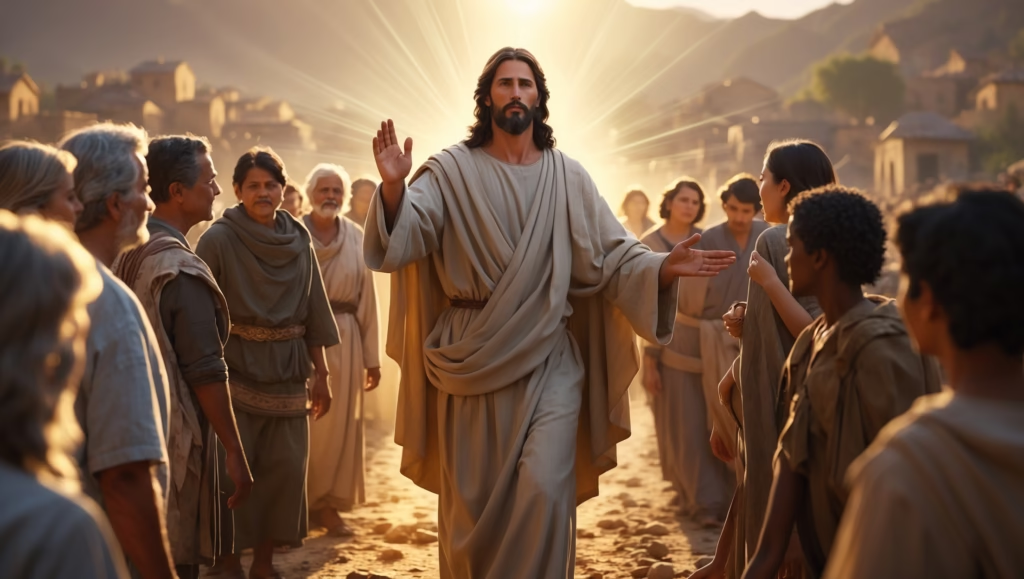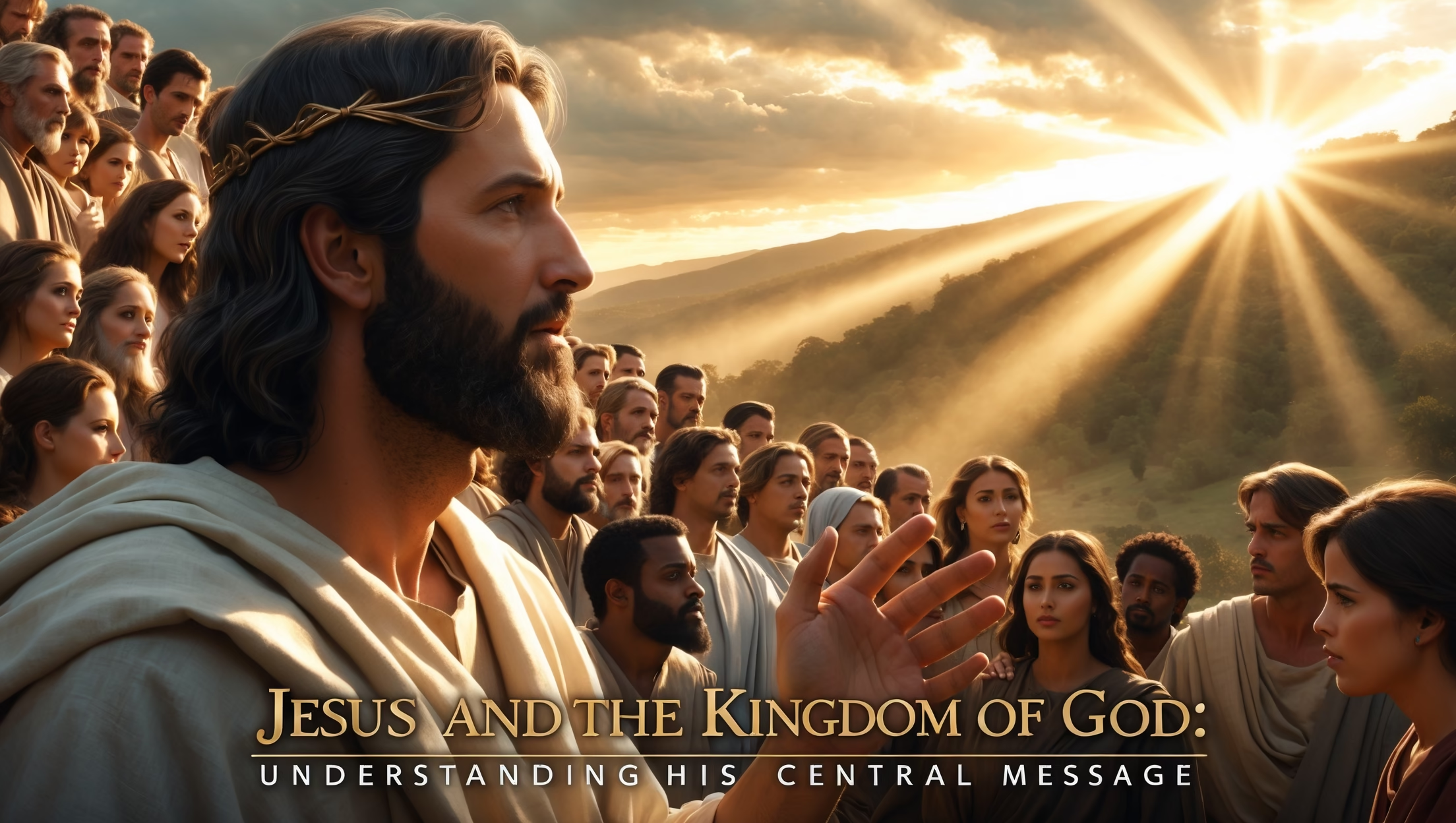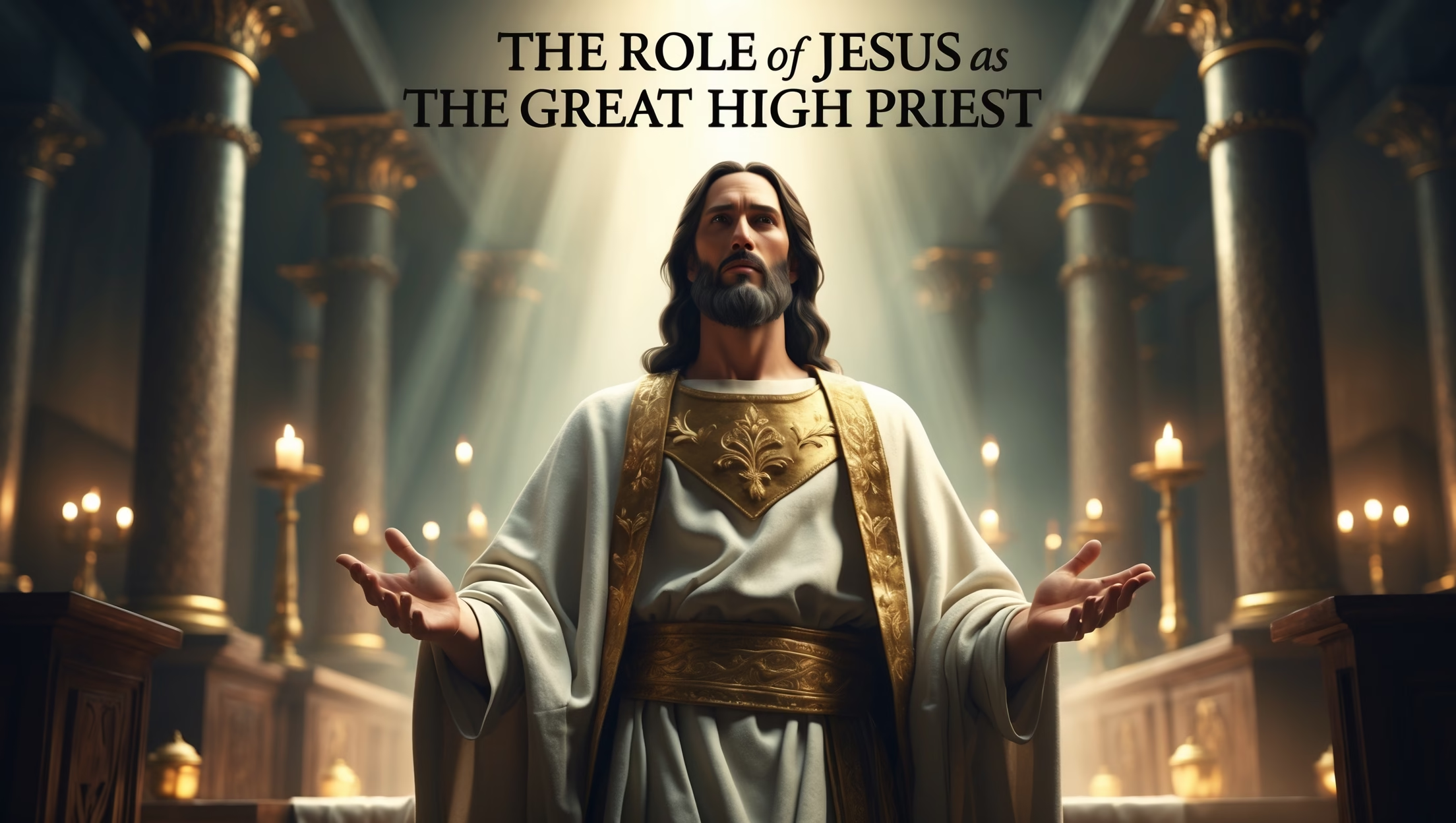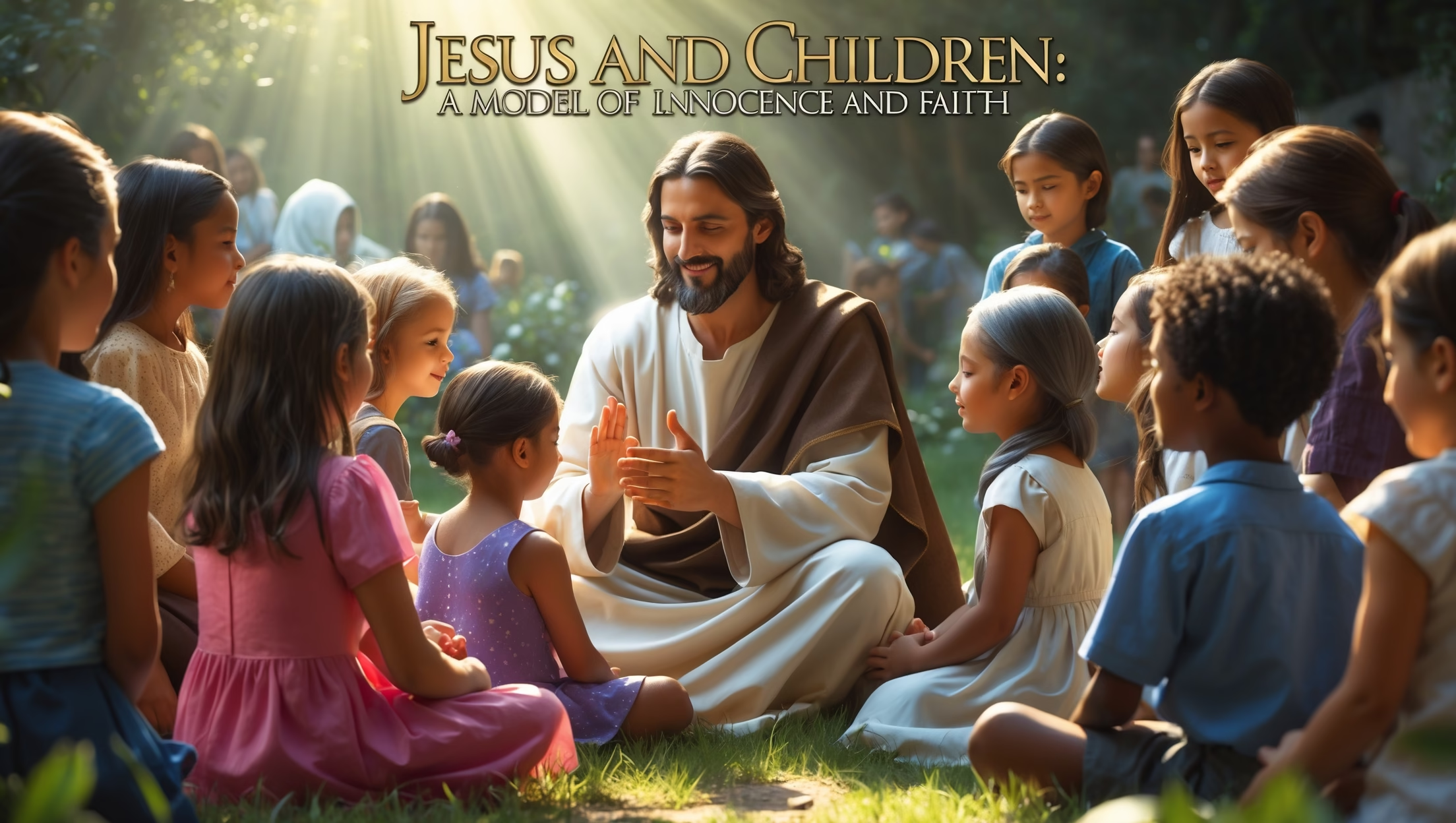The central theme of Jesus’ ministry was the Kingdom of God, a message so profound that it defined His identity and mission. From His earliest proclamation in Galilee to His final instructions to His disciples, Jesus consistently announced that the Kingdom of God was near. To truly understand His life, teachings, and miracles, one must grasp what He meant by this Kingdom. Unlike earthly kingdoms defined by borders, rulers, and armies, the Kingdom of God carried a radically different meaning. It was not about political power or national independence but about the reign of God breaking into human history in a new and transformative way.

Jesus’ teachings on the Kingdom of God are introduced most clearly in Mark 1:15: “The kingdom of God has come near. Repent and believe the good news!” This opening statement sets the tone for His ministry. To His listeners, the phrase “Kingdom of God” would have stirred deep anticipation, as many Jews longed for a Messiah who would restore Israel’s sovereignty and overthrow foreign oppression. Yet Jesus challenged these expectations by presenting a spiritual vision rather than a military or political one. He invited people into repentance and faith, calling them to embrace a new reality where God’s authority, love, and justice reigned in their hearts and communities.
To explain this mysterious reality, Jesus frequently spoke in parables, simple yet profound stories that revealed the hidden truths of God’s reign. For example, He compared the Kingdom of God to a mustard seed, which begins as the smallest of all seeds but grows into a large tree, offering shelter to the birds of the air. This image communicates that the Kingdom might begin unnoticed and insignificant, yet it holds immense potential for growth and transformation. Another parable likened the Kingdom to leaven mixed into flour, slowly but surely permeating the entire batch of dough. Here Jesus illustrated how God’s influence spreads quietly yet powerfully, transforming all it touches. He also spoke of the Kingdom as a treasure hidden in a field or a pearl of great price, emphasizing that it is worth any sacrifice to obtain. These parables show that the Kingdom of God meaning is both simple and profound: it begins small, transforms everything, and is of incomparable value.
The parables, however, were not merely moral lessons. They were illustrations of a deeper reality that Jesus embodied. His miracles served as visible demonstrations of the Kingdom’s arrival. Every healing, every exorcism, and every act of restoration pointed to the inbreaking of God’s power. When the blind received their sight, the lame walked, and the oppressed were set free, these were not random acts of compassion but signs that God’s reign was breaking into the brokenness of the world. For instance, when Jesus healed a paralytic or fed thousands with a few loaves and fish, these actions showed that the Kingdom was both spiritual and tangible. It addressed human needs at every level—physical, emotional, and spiritual. In His miracles, the Kingdom of God was revealed not as a distant future hope but as a present reality transforming lives.
Yet Jesus also taught that the Kingdom of God is both present and future, a concept often described as the “already and not yet.” The Kingdom was already present wherever God’s will was being done, wherever justice, love, and mercy triumphed over sin and oppression. At the same time, its fullness was yet to come. He taught His disciples to pray, “Your kingdom come, your will be done, on earth as it is in heaven” (Matthew 6:10), pointing to a future day when God’s reign would be complete and creation fully restored. This dual aspect of the Kingdom reflects both the hope of present transformation and the promise of ultimate fulfillment when Christ returns.
Understanding Jesus’ teachings on the Kingdom of God also has profound implications for believers today. Living in the Kingdom means embodying its values in everyday life. Followers of Jesus are called to live as citizens of the Kingdom, displaying love, justice, forgiveness, and mercy in a world often characterized by selfishness and division. The Kingdom of God today is not confined to churches or religious gatherings; it is present wherever God’s people act in alignment with His will. When Christians feed the hungry, care for the sick, work for peace, or stand against injustice, they manifest the Kingdom’s presence in the modern world. In this way, the Kingdom of God remains a living reality, shaping not only personal spirituality but also social and communal life.
This message of the Kingdom was revolutionary in Jesus’ time and remains so today. In an age obsessed with wealth, power, and self-interest, the Kingdom of God offers a radically different vision of life. It calls for humility instead of pride, service instead of domination, and love instead of hatred. It is a Kingdom without borders, uniting people of every nation, race, and background under the lordship of Christ. The enduring relevance of this teaching shows why the concept of the Kingdom continues to inspire Christians to pursue both personal transformation and social justice.
In conclusion, the Kingdom of God was not merely one aspect of Jesus’ ministry; it was the heartbeat of everything He said and did. His parables revealed its mystery, His miracles demonstrated its power, and His life embodied its values. The Kingdom is both a present reality and a future hope, shaping how believers live today and what they long for tomorrow. To understand Jesus’ mission is to understand the Kingdom of God meaning—God’s reign breaking into the world to renew and restore all things. For Christians today, living in this Kingdom means carrying forward His vision, embodying His teachings, and anticipating the day when His reign will be fully established.










